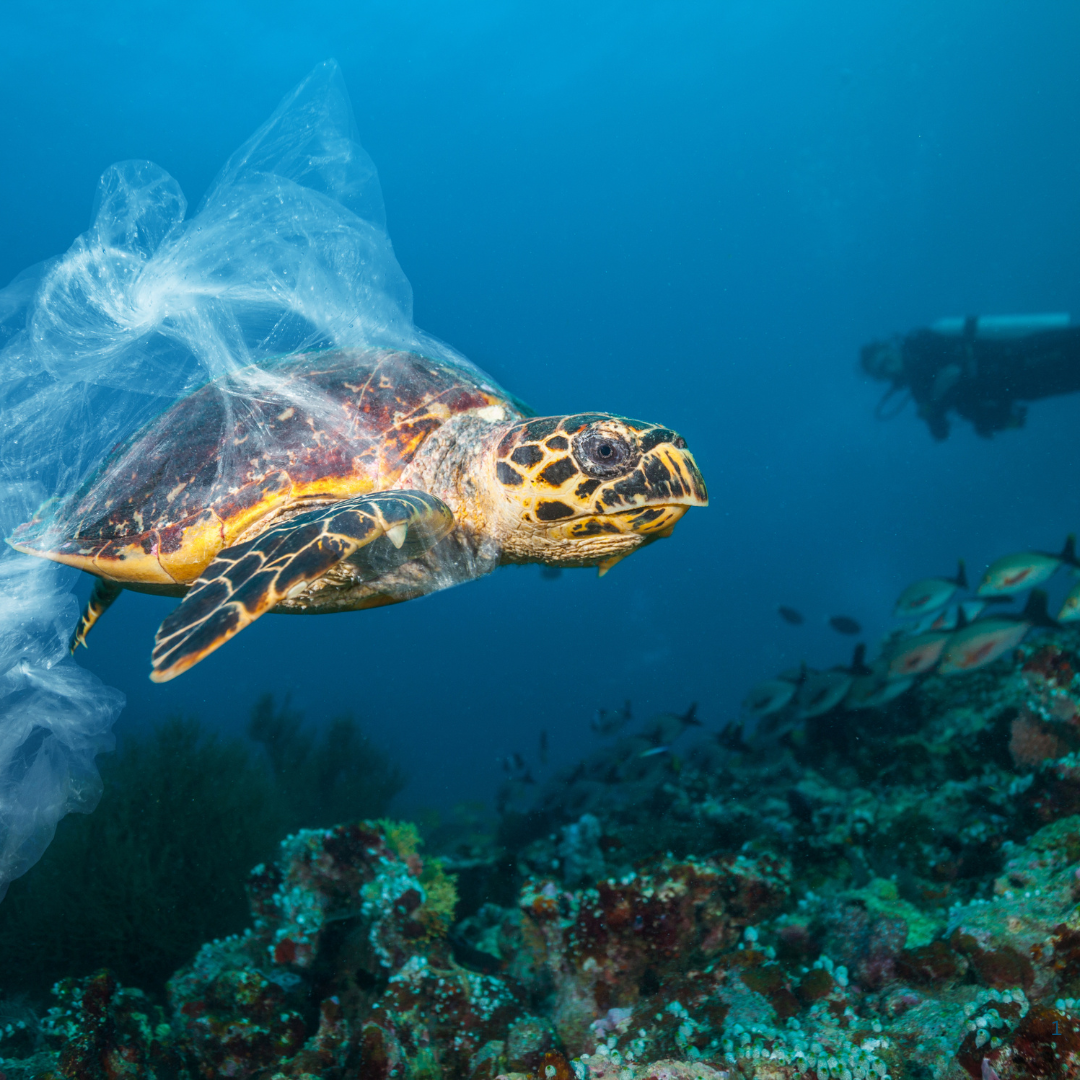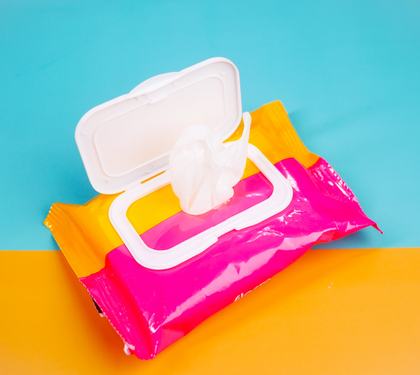In 2024, the issue of ocean pollution has reached a critical point. Despite global efforts to reduce plastic waste, our oceans remain inundated with millions of tons of plastic debris. This persistent problem poses severe threats to marine life, ecosystems, and human health. Addressing ocean pollution requires urgent action, innovative solutions, and global cooperation.
The Scope of the Problem
Each year, an estimated 8 million metric tons of plastic enter the oceans. This staggering amount of waste comes from various sources, including improper waste management, littering, and industrial activities. Plastic pollution affects all levels of marine life, from microscopic plankton to large marine mammals. Animals often mistake plastic for food, leading to ingestion and entanglement, which can cause injury or death.
The Impact on Marine Life
Marine creatures, such as sea turtles, birds, and fish, are particularly vulnerable to plastic pollution. Sea turtles often confuse plastic bags with jellyfish, a primary food source. Birds pick up plastic debris to feed their young, mistaking it for fish. Even microscopic plankton ingest microplastics, which then enter the food chain, affecting larger marine animals and, ultimately, humans.
Human Health Risks
The plastic problem extends beyond marine life, posing significant risks to human health. Microplastics have been found in seafood, drinking water, and even the air we breathe. These tiny particles can carry toxic substances, potentially leading to health issues such as hormonal disruptions, reproductive problems, and cancer.
Global Initiatives and Innovations
In 2024, various initiatives and innovations are being implemented to tackle ocean pollution:
-
Enhanced Waste Management: Countries are investing in advanced waste management systems to ensure proper disposal and recycling of plastic waste. This includes improving recycling facilities, promoting the use of biodegradable materials, and implementing stricter regulations on plastic production and use.
-
Clean-up Efforts: Organizations like The Ocean Cleanup are deploying large-scale projects to remove plastic from the oceans. These efforts focus on cleaning up major garbage patches, such as the Great Pacific Garbage Patch, using innovative technologies like floating barriers and autonomous drones.
-
Legislation and Policies: Governments worldwide are enacting policies to reduce plastic consumption. Bans on single-use plastics, taxes on plastic bags, and incentives for using alternative materials are becoming more common. These measures aim to reduce the amount of plastic entering the environment in the first place.
-
Public Awareness and Education: Raising awareness about the plastic problem is crucial. Educational campaigns and initiatives are helping to inform the public about the impact of plastic pollution and encouraging more sustainable practices. Simple actions, such as reducing plastic use, recycling, and participating in beach clean-ups, can collectively make a significant difference.
-
Research and Development: Scientists and researchers are continuously exploring new materials and technologies to replace conventional plastics. Biodegradable plastics made from natural resources, such as cornstarch and algae, are gaining popularity as eco-friendly alternatives.
Individual Actions
While large-scale efforts are essential, individual actions also play a crucial role in addressing ocean pollution. Here are some ways you can contribute:
- Reduce Plastic Use: Opt for reusable bags, bottles, and containers. Avoid single-use plastics like wet wipes whenever possible and use alternatives such as reusables and toilet paper sprays.
- Recycle Properly: Ensure that you are recycling correctly by following local guidelines and cleaning recyclables before disposal.
- Support Clean-up Efforts: Participate in or donate to organizations dedicated to cleaning up our oceans and beaches.
- Educate Others: Share information about the plastic problem with friends and family to raise awareness and encourage responsible behavior.
In 2024, the fight against ocean pollution is more urgent than ever. The plastic problem threatens marine life, ecosystems, and human health on a global scale. By combining global initiatives, innovative technologies, and individual actions, we can address this critical issue and work towards a cleaner, healthier ocean. It's time for everyone to play their part in preserving our planet for future generations.





